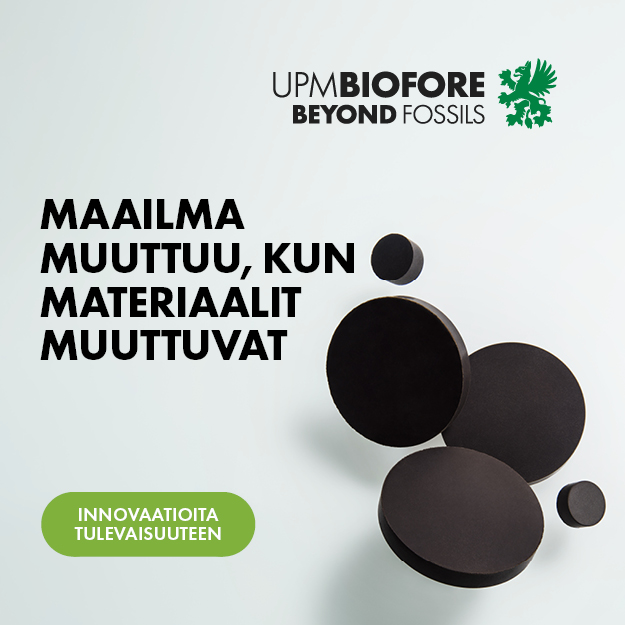Stora Enso’s apprenticeship contract training offers a unique opportunity to become part of an international company. During the training programme, students get a comprehensive introduction to the world of renewable materials and learn to work in various production, maintenance and logistics roles.
Sini Kurki found one such opportunity. She had been a lorry driver for some time and was thinking about changing jobs until a friend suggested she come to work at Stora Enso’s Imatra plants. However, Kurki understood that she could not simply walk in.
“I studied to become an electrician and got an internship and summer job in automation at the plant. These experiences reinforced the idea that Stora Enso could be the right place for me. I applied for apprenticeship contract training at Stora Enso and started my studies in January 2023,” says Kurki.
During her two-year apprenticeship at Stora Enso’s Imatra plants, Kurki has worked with quality measurement and laboratory equipment maintenance. The apprenticeship has given her a good understanding of what happens in the processes of one of the world’s largest consumer paperboard plants. The apprenticeship is still ongoing, so no permanent job has been offered so far.
“I planned to focus on automation, but I have also acquired expertise from the process side,” says Kurki. “I like to learn new things, so I have spent a lot of my free time studying and doing demonstrations at a fast pace.”
Work experience and skills gained during studies
Kurki has found the content of the apprenticeship training meaningful and noticed that making use of it is largely up to oneself. For her, the apprenticeship model has been an excellent way to combine theory and practice.
“If you are active and motivated, you get a lot out of this form of study. At the workplace, you need to be brave enough to participate and ask more experienced employees questions. Based on my own experience, Stora Enso’s staff have a positive attitude towards students and offer them support and guidance,” says Kurki.
She sees the forest industry as a good place to work, as paperboard and pulp are always needed. The development of the industry and innovative bioproducts also bring many new opportunities. Kurki encourages others to consider apprenticeship contract training.
“It’s a good way to learn and get to know the employer. This way, both parties can make sure that they are a good fit.”
The Imatra plants have a long tradition of apprenticeship contract training
At Stora Enso’s Imatra plants, apprenticeship contract training has been an important recruitment channel for the production, maintenance and logistics sectors since the 2010s. During the two-year training, the students work in a fixed-term employment relationship.
“More than 90 per cent of apprenticeship students will be permanently employed after the training has ended. Over the years, approximately 200 people have participated in the training,” says Leena Ojamaa, who is responsible for the development of personnel and well-being at work at Stora Enso’s Imatra plants.
Imatra’s plants have been pioneers in forest industry apprenticeship contract training. Our good experiences have also encouraged other Stora Enso plants to use the apprenticeship model.
“Apprenticeship contract training is a flexible and effective way to deepen professional competence to meet Stora Enso’s needs. Each plant and production facility operates in its own way and requires a long orientation. The apprenticeship model gives students the opportunity to learn and develop in their work tasks in peace,” Ojamaa concludes.




